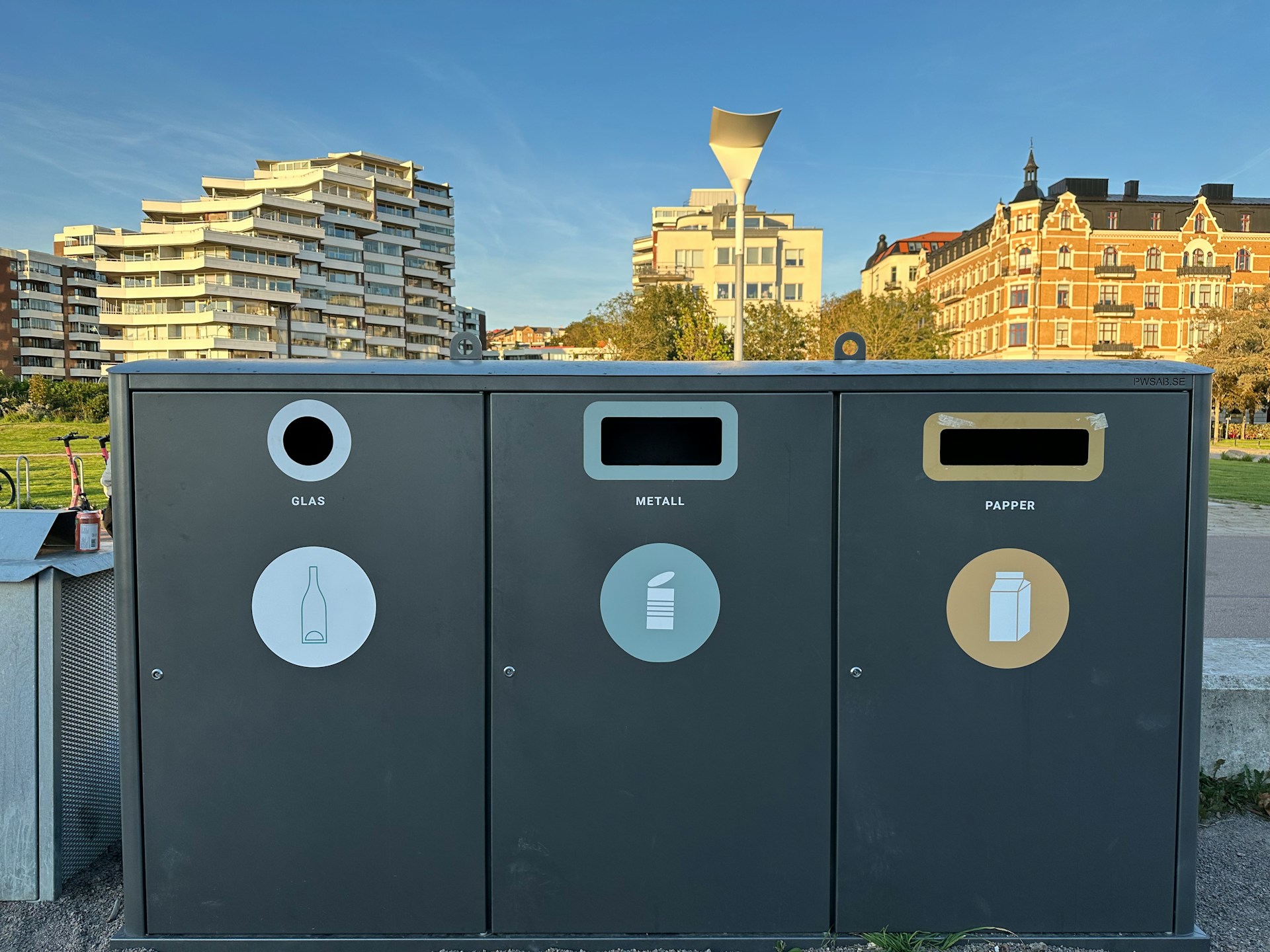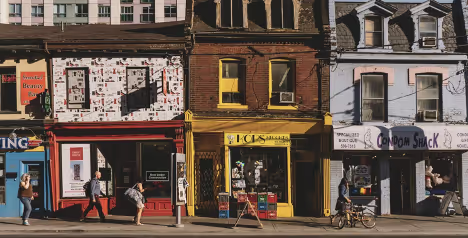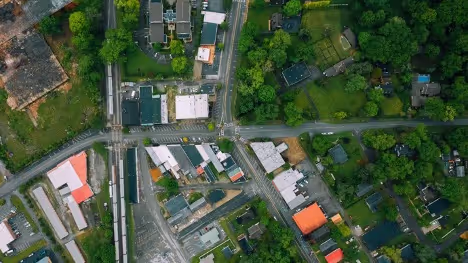
Urban Mining: Turning E-Waste into Gold in the Smart City
Urban mining is an innovative strategy that redefines waste as a resource, particularly within the context of electronic waste (e-waste). This article delves into the potential of smart cities to integrate urban mining processes, turning discarded electronics into new materials for construction and manufacturing. We explore the environmental and economic benefits, the technological innovations driving this niche field, and how it contributes to a robust circular economy model, reducing dependency on raw material extraction and promoting genuine sustainability.





























